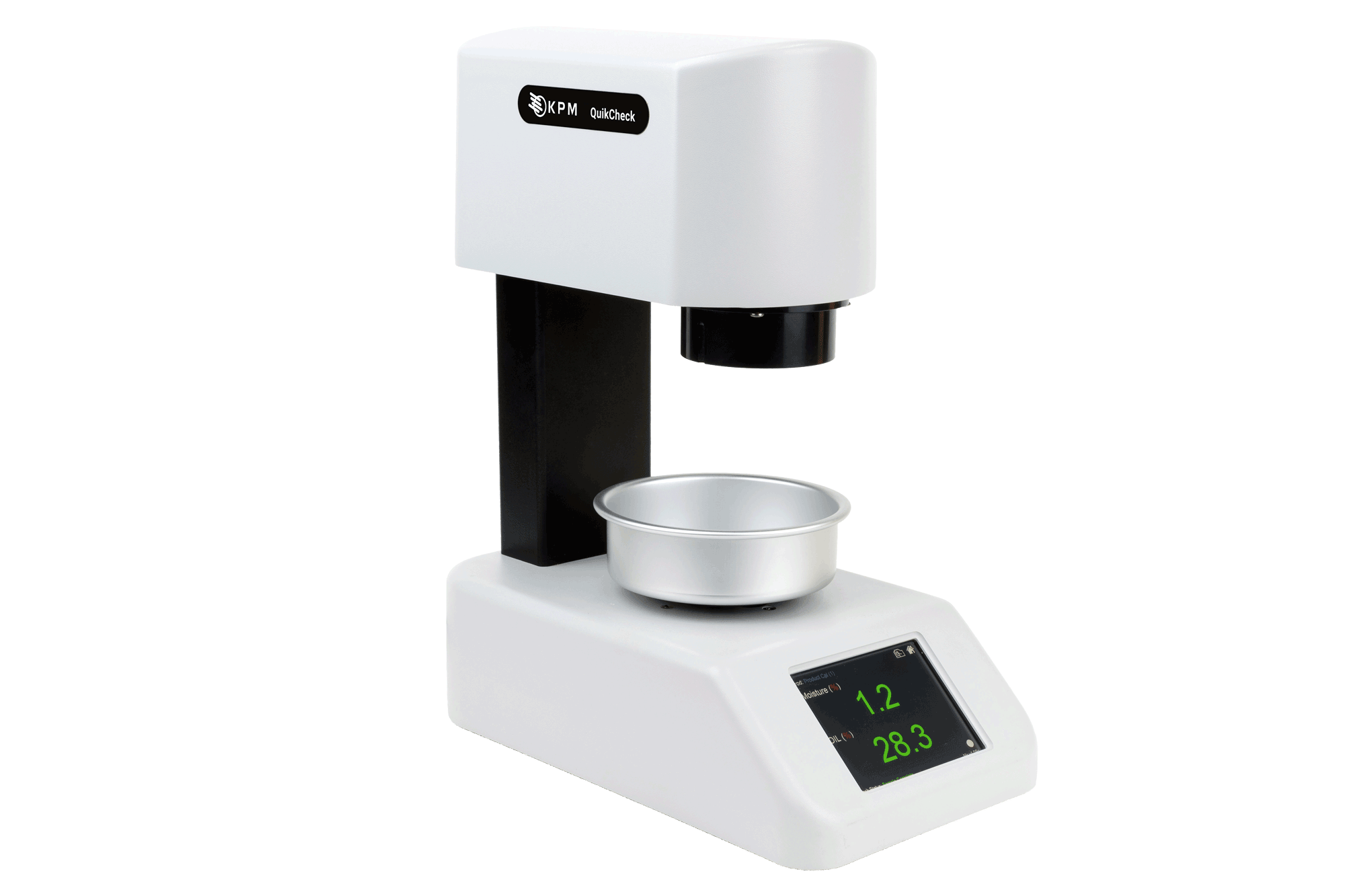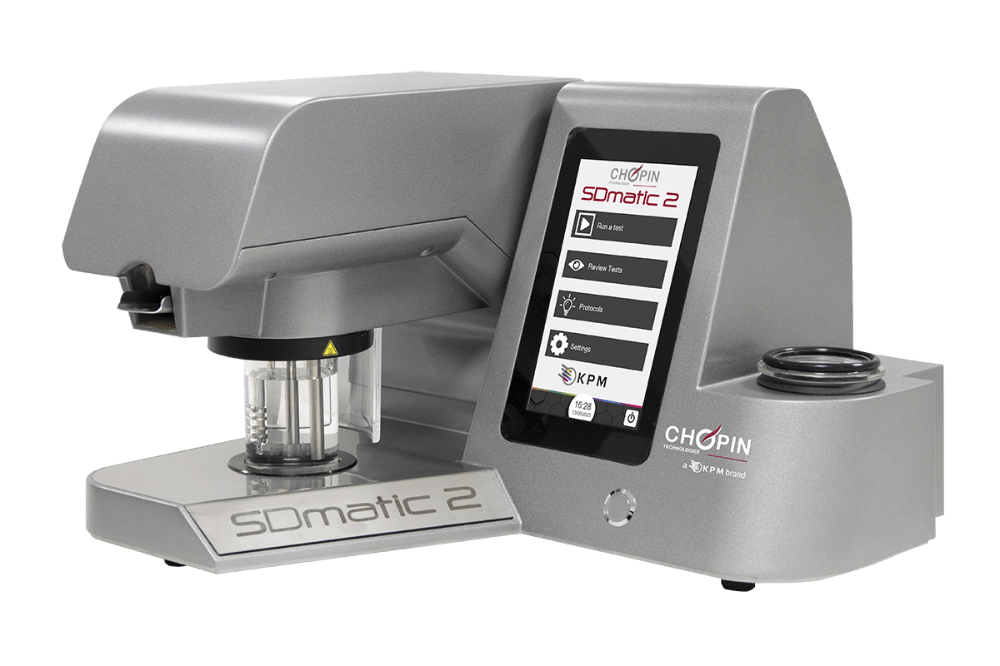Analysis of Corn

Quality Control for Corn Products
Like other commodities, the price of corn in the grain trading market is driven by both corn quality and availability. Whether you are a corn grower, environmental scientist, grain supplier, or food producer, end-to-end analysis technologies from KPM Analytics can help you command corn quality everywhere it matters.

Moisture and Compositional Analysis
Food grade corn varieties used in food production or to feed livestock receive their grades from the USDA and other entities based on certain measurable quality parameters, with moisture content and testing weight being two of the more important factors. These parameters also dictate the price of corn that is sold to food producers, so having verifiable data on corn moisture and test weight can save companies from paying too much for a lesser-quality corn delivery.
Parameters Measured
Parameters Measured


Functional & Rheological Analysis
Corn flour is a popular gluten-free option that is used in a variety of baked goods such as bread, muffins, as well as for tortilla and other corn-based snack foods.

Analysis of Agricultural Soil Extracts
Corn is a robust crop that is grown in many climates and in many soil types around the world. However, with rising fertilizer costs, corn growers can save themselves from unnecessarily applying soil nutrients by routinely checking soil conditions. Taking unforeseen weather or man-made events that can impact a growing season out of the equation, there are certain controllable soil parameters corn growers to ensure a successful harvest.
Additional Reading
























